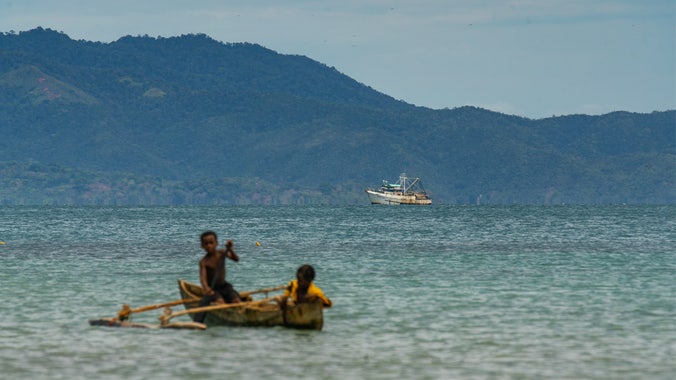Madagascar takes key step toward improving transparency of its fisheries
Madagascar recently released its first fisheries transparency report, part of an effort to open up, democratize, and improve the sustainability of its fisheries sector. The report is a key step in a process defined by the Fisheries Transparency Initiative (FiTI), a Seychelles-based nonprofit.
FiTI announced on Jan. 26 that Madagascar had published the report, covering the 2022 fiscal year and containing previously undisclosed information, in December. Madagascar is one of just a handful of countries to have achieved this step in the FiTI process, Cabo Verde having published its first report around the same time. The same day, the U.S. pledged support to help Madagascar fight illegal fishing.
The launch of the FiTI report is a first step towards better transparency of the fisheries sector in Madagascar,” Ketakandriana Rafitoson, executive director of Transparency International–Initiative Madagascar (TI-MG) and an author of the report as well as a current FiTI board member, told Mongabay. “However, a lot of efforts still have to be undertaken to fully comply with the FiTI’s 12 transparency requirements.”
The fisheries industry is one of the most vital and lucrative in Madagascar, an island nation with more than 5,600 kilometers (3,500 miles) of coastline and around 1.2 million square kilometers (463,300 square miles) of economic exclusive zone. The sector has an annual production capacity of $750 million, which is 5-7% of the national GDP, according to the fisheries ministry citing World Bank data. More than 500,000 fishers living along the island’s coastline rely on marine resources for food and incomes while feeding millions of people.


Add comment